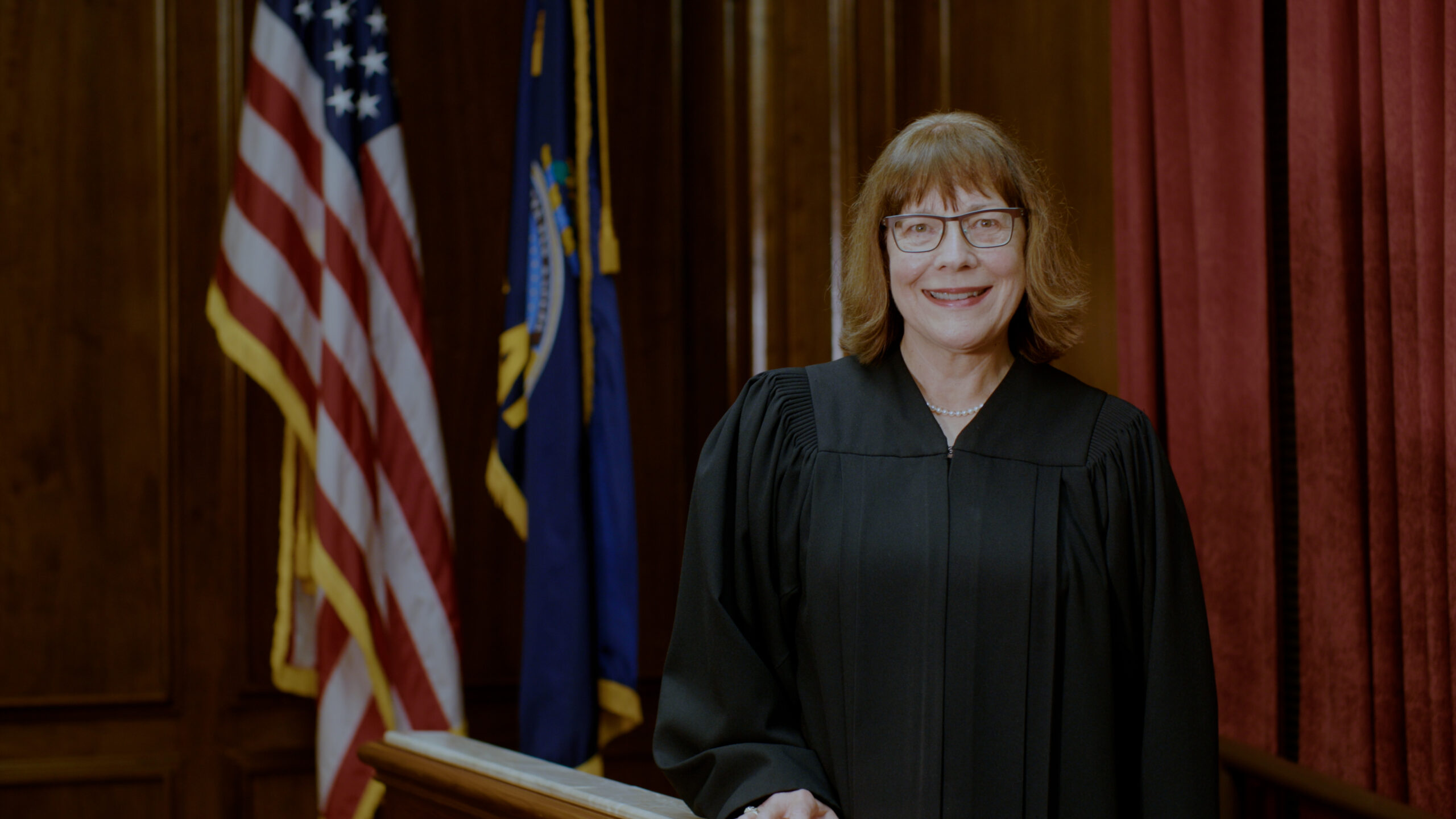Kansas Reflector
Trio of Kansas Supreme Court justices up for retention defend independent judiciary
October 14, 2022

Each affirms judiciary supports functioning democracy by adhering to rule of law
OVERLAND PARK — Kansas Supreme Court Justice Melissa Taylor Standridge said the legislative and executive branches of government were distinct from the judicial branch because judges and justices were required to cast aside personal politics when making decisions.
“We are very different,” she told an audience Thursday night. “The first two branches of government cater to the people. Who do we cater to? The rule of law. Our own personal beliefs don’t matter. You can say that’s why we wear black robes because we leave everything behind. We have to make unpopular decisions sometimes.”
Standridge was joined at Johnson County Community College by Chief Justice Marla Luckert and Justice Evelyn Wilson, all of whom will be on the Nov. 8 ballot to determine whether they retain their jobs.
Six of the state’s seven state Supreme Court members face retention votes in a politically charged atmosphere given the statewide vote in August rejecting an abortion amendment to the Kansas Constitution drafted in response to a 2019 decision by the state’s highest court. The decision said the constitution guaranteed people bodily autonomy and, therefore, a right to abortion.
Some Kansas political activists have advocated defeat of justices in anticipation replacements would be opposed to abortion rights.
“Unfortunately, in recent years, there’s been more of a tendency for some factions to want to look at whether decisions came out the way they wanted them to look,” Luckert said.
Wilson, Luckert and Standridge devoted half of the “nonpartisan, educational” discussion to details of their educational, professional and legal backgrounds. Each justice touched on the value of an independent judiciary dedicated to fairness and impartiality in district court and appellate cases.